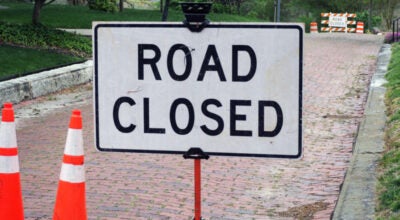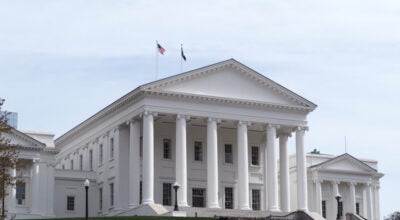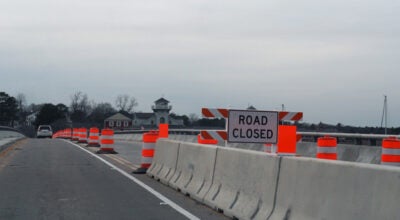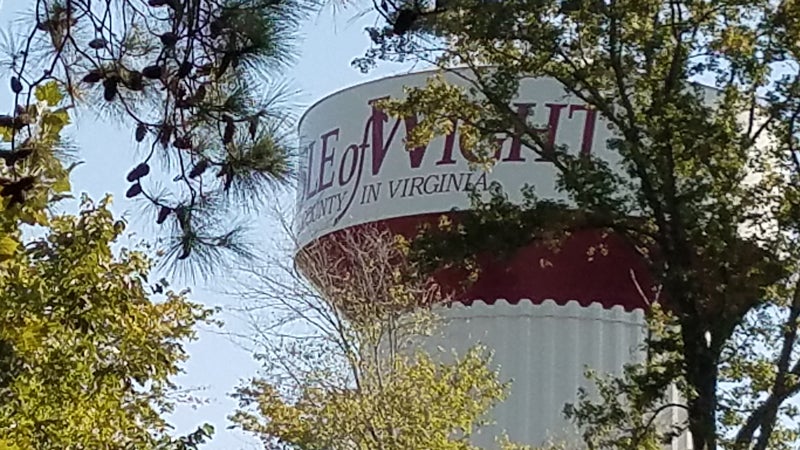Utility disconnection moratorium extended
Published 5:16 pm Tuesday, September 1, 2020
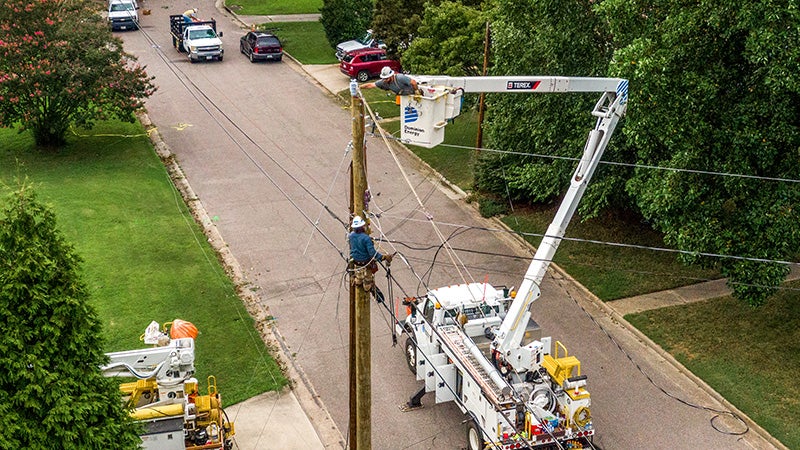
- Thousands of Dominion Energy workers were in the field including in Virginia Beach, to restore power in Hampton Roads following Tropical Storm Isaias. The state’s public utilities say they are working with customers who have gotten behind on their bills to help them keep their power and water on.
Virginia utility companies have extended protections for those who are behind on their bills.
The State Corporation Commission recently announced that it extended a moratorium on utility shut offs until Sept. 16. First imposed on March 16, the move protects customers from having their utility services cut off while dealing with unemployment or economic uncertainty during the COVID-19 pandemic.
In a recent statement, the SCC said utility customers who entered into extended payment plans will continue to be protected from disconnection if they stay current or enter into new repayment plans with the utility. On June 12, the SCC directed all utilities to offer extended payment plans of up to 12 months to customers who are struggling to pay bills. All utilities under the commission’s jurisdiction have done so.
Utility providers serving the area are taking steps to keep customers connected.
For the first time, small businesses, nonprofit organizations and houses of worship can apply for assistance through Dominion Energy’s EnergyShare program. Dominion said it has increased the program’s funding this year to $14 million. “Half of the $1 million increase in funding will go to business customers with the remaining $13.5 million for residential customers,” Dominion said.
Small business customers may also apply for EnergyShare funding in partnership with the Virginia Chamber of Commerce Foundation. The company has contributed $500,000 to the Small Business Relief Program, which offers one-time assistance of up to $1,000 toward unpaid Dominion Energy Virginia electric bills accrued by small businesses, nonprofits and houses of worship during the pandemic.
Renee Chapline, a spokeswoman for Prince George Electric Cooperative, said the utility has suspended penalties and account disconnections, and it’s encouraging customers to sign up for Smarthub, which allows you to monitor energy use and billing through a web or mobile device.
“The co-op is owned by those we serve and is a not-for-profit utility,” Chapline said. “We do rely on revenue earned from electric bill payments to maintain the distribution system which provides power to our members. Therefore, it is important for all members to contact us and work out a plan that works with their budget.”
Dominion echoed that sentiment in its announcement.
“While we are not currently disconnecting service for nonpayment, we are encouraging customers to pay their bill to help avoid a larger balance later. If you’ve fallen behind on your bill, you should set up a payment arrangement by visiting DominionEnergy.com or calling us at 1-866-366-4357,” the utility said.
Dominion also said it has doubled the benefit for the summer cooling season from $300 to $600 per residential account. Eligibility is expanded; customers no longer need to show a disconnect notice to apply, regardless of their age.
Leila Rice, a spokeswoman for the Hampton Roads Sanitation District, which serves 18 jurisdictions in the region, said the organization is suspending disconnections and establishing long-term payment plans upon customer request. Customers who contact HRSD to make payment arrangements will not incur late fees “as long as they continue to keep up with their current bill and pay arrangement amount,” Rice said.
Although some localities are introducing bill pay programs using federal CARES Act funding, Rice said HRSD did not qualify for CARES Act money, “so we are unable to offer that option.”
As an alternative, Rice said anyone who is struggling to pay their water bill may want to look into the Help 2 Others or H2O program. Public water utility customers can receive up to $250 once in a 12-month period for their balance due on water and wastewater bills. The program is administered by HRSD and the Hampton Roads Planning District Commission in partnership with The Salvation Army.
But an indefinite ban on disconnections is unsustainable, the SCC said. Twelve of Virginia’s 24 electric and gas utilities had amassed $184 million in past due payments as of June 30, according to news website the Virginia Mercury.
“If such bills are never paid,” the commission said, “the costs of these unpaid bills are ultimately borne by paying customers as operational costs of the utility. These costs do not disappear; they are shifted to other customers, who themselves may be struggling to make ends meet in the economic catastrophe caused by the COVID-19 pandemic.”


